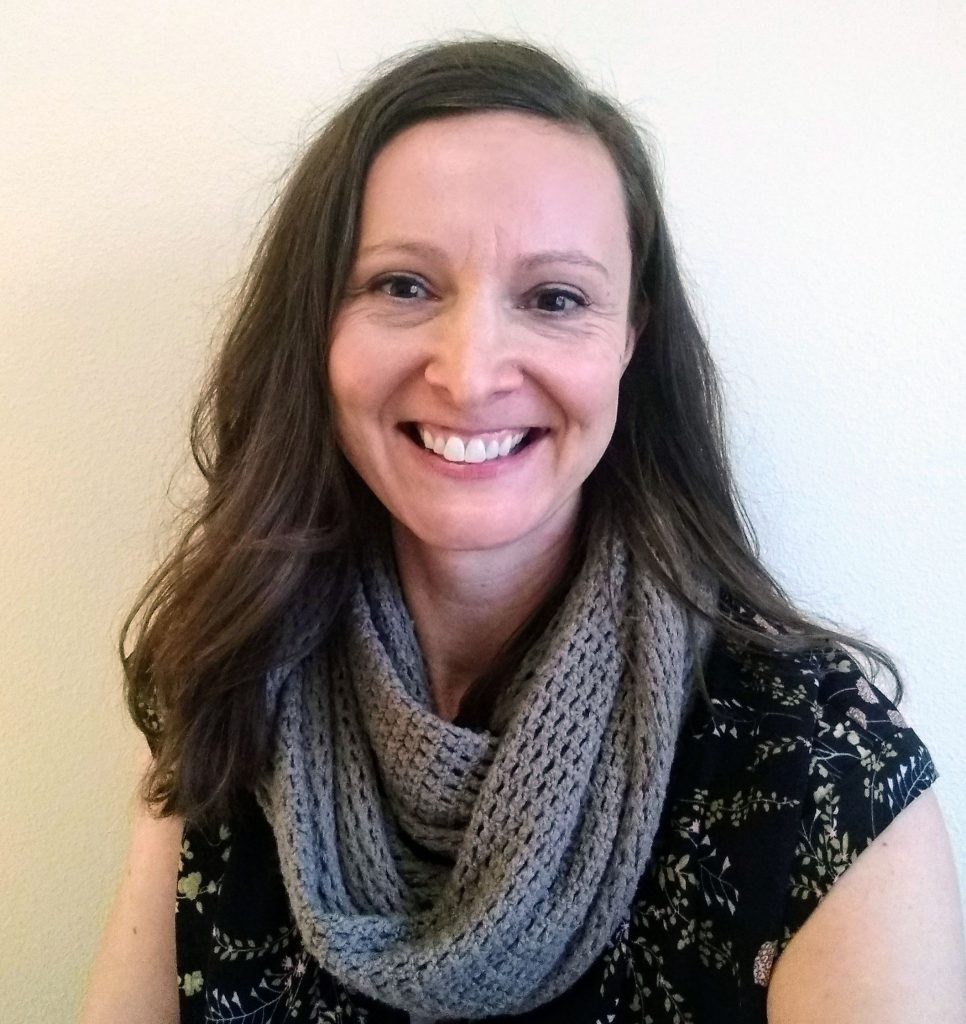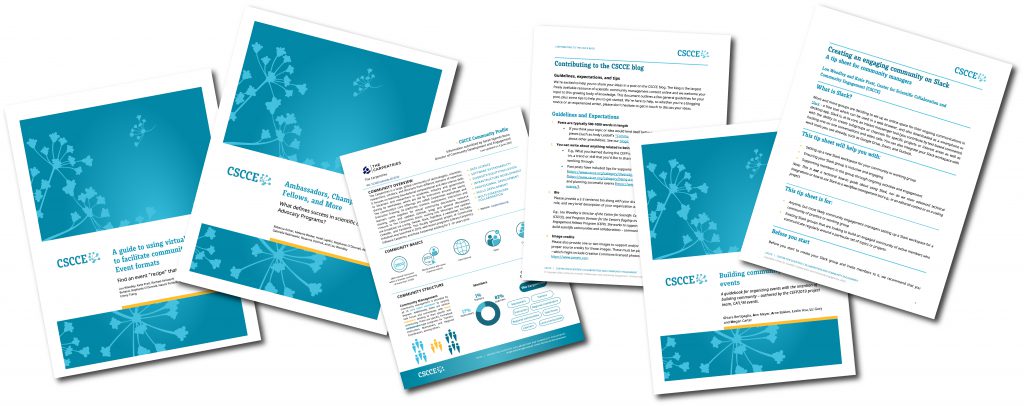On Wednesday 17th March 2021, around 50 individuals from a wide range of different countries and time zones came together for the first of two 2-hour sessions that formed the “Building Research Software Communities: How to increase engagement in your community” workshop.
Run as part of the SORSE Series of Online Research Software Events, this workshop brought together an organising team consisting of 3 members of the international research software community and a group of speakers including experts in community engagement and sustainability. In this blog post we provide an overview of the workshop and some of the key messages and outcomes.
This guest blog post, by Michelle Barker, Jeremy Cohen, Daniel Nüst, Toby Hodges, Serah Njambi Rono, and Lou Woodley, first appeared on the Imperial College London’s Research Software Engineering blog.
Continue reading “Building Research Software Communities: Running a workshop on community building and sustainability for the research software community”
